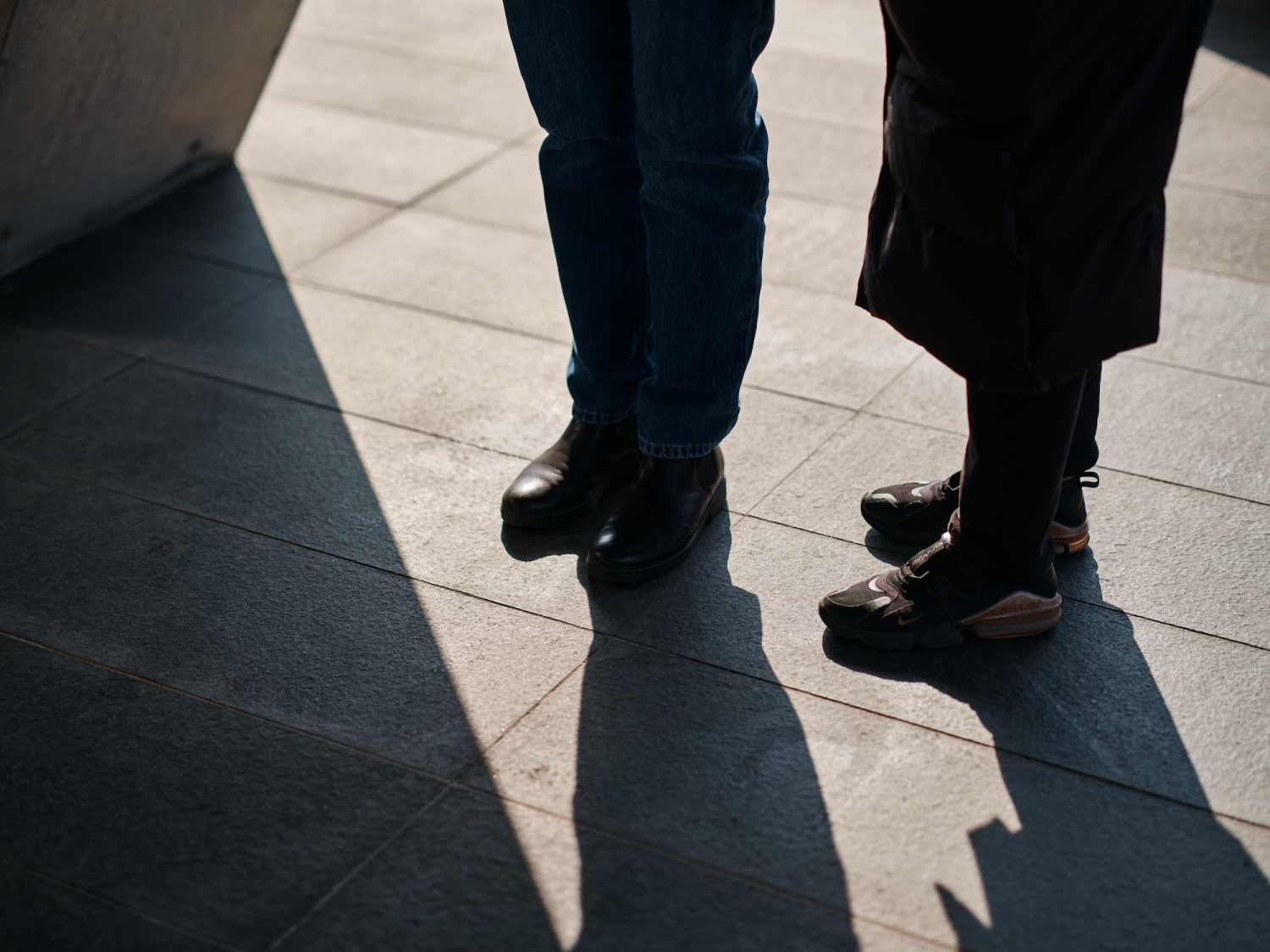‹Theatre Imitation› takes a different approach to the relationship of body and technological media such as AR and VR to experiment other possibilities of ‘illusion.’ Contrary to the usual attempt of technological media to replace the body with technology, the piece aims to replace technology with bodily sensations. Exploring via body the process of how illusions are created, it asks what our ‘body’ equipped with power of imagination can mean today.
In ‹Theatre Imitation›, the audience takes an intimate walk in Seochon area with a deliverer. This place becomes a theatre. The performer delivers a story or word to the audience. Through sensory imagination of language, the audience produces his or her own images. To visualize the invisible and audioize the inaudible means, as Bojana Cvejic wrote, “getting closer to the conception or conceptive possibility of something,” which allows one to sense beyond the empirical. This is different from the sense of consuming ‘real(istic)’ images created by technological media, and rather a new illusion based on ‘body’ that can break down the consumerist capitalistic imagination.
Director: Wi Sunghee
Messenger: Choi Euna, Park Miri, Wi Sunghee
Venue provided by The Book Society, Sulki & Min, Workroom
